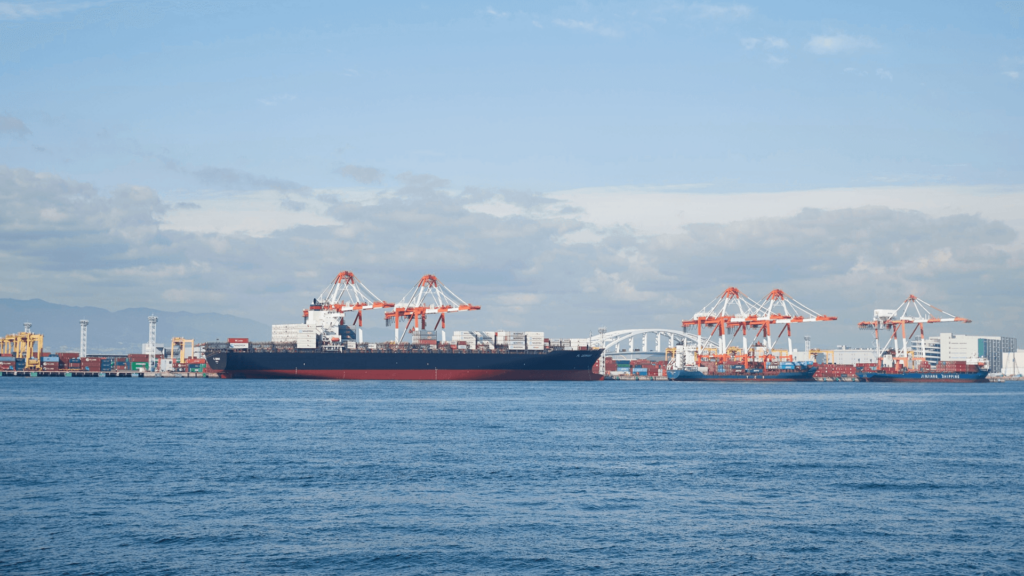
Background
Cooperative, Connected and Automated Mobility (CCAM) offers a unique opportunity to make the EU’s transport systems safer, cleaner, more efficient and more user-friendly. In its most advanced form, CCAM services use automated and connected vehicles, also known as self-driving cars and trucks, that can operate without human intervention. It prepares for the arrival of an entirely new generation of vehicles, unlocking opportunities and tools thanks to the data generated by these vehicles. The EU member states, industry, and the European Commission (EC) are collaborating to realize the EU’s ambitious vision for connected and automated mobility across the EU, considering the interests of public authorities, citizens, cities, and industry. The Sustainable and Smart Mobility Strategy (SSMS) stresses the importance of connected and automated systems for improving transport while contributing to enhanced sustainability and safety. The way vehicles operate is swiftly being integrated into the transport system, accompanied by policies and legislation pertaining to cybersecurity, liability, data use, privacy, and connectivity. However, vehicles can remain connected when crossing borders only if coordination exists at the European level. For example, Regulation (EU) 2019/2144 aims to reduce the number of deaths and severe injuries by introducing safety technologies as compulsory safety features that all new vehicles must be equipped with. Regulation (EU) 2022/1426 lays down rules for the application of Regulation (EU) 2019/2144 regarding uniform procedures and technical specifications for the type-approval of the automated driving system of fully automated vehicles.
Another relevant piece of legislation is the Data Act (DA). It is a horizontal Regulation that applies to business-to-business contracts. It is, therefore, also applicable to transport as data is becoming an integral part of efficient and safe transport systems. The DA increases legal certainty for transport companies, and consumers engaged in data generation by establishing clear rules on the permissible use of data and the associated conditions. At the same time, it mitigates the abuse of contractual imbalances. Finally, it enables public sector bodies to access and use data held by the private sector for specific public interest purposes. These interests go from refined urban planning to road and infrastructure management.
This 14th Intermodal Florence Forum will discuss road safety and how to use data generated from connected vehicles to enhance it. The Forum, co-organised by the Transport Area of the Florence School of Regulation together with the EC’s DG MOVE, will tackle the following questions:

The 4th Florence Rail Regulation Conference aims to discuss advancements for accelerating the growth of the railways in the EU.…

The 3rd Florence Aviation Regulation Conference aims to discuss current and future economic and regulatory policies relating to European air…

The 1st Florence Maritime Regulation Conference aims to discuss regulatory advancements that accelerate the competitiveness and sustainable development of shipping,…
To meet, discuss and learn in the channel that suits you best.